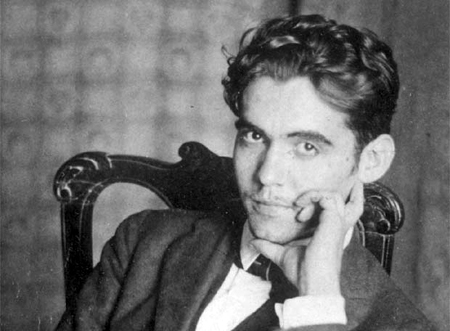Servini "accepted the complaint and has started working on the issue," said Emilio Silva, head of the association.
Servini has previously probed Spain's dark and bloody recent past, having opened a lawsuit in 2010 to investigate rights violations during the war and dictatorship, invoking the principle of universal jurisdiction.
In 2014, she issued arrest and extradition warrants for around 20 former Spanish officials, including ex-ministers of dictator Francisco Franco, to face justice in Argentina for alleged crimes against humanity.
The extradition demand was rejected by Madrid but she will travel to Spain to question them.
After Franco's death in 1975, Spanish leaders signed an amnesty agreement seen as essential to preventing score-settling as they tried to unite the country and steer it toward democracy.
- 'Executed by firing squad' -
Spanish authorities point to the deal in refusing to investigate alleged atrocities during the Franco era.
Servini will ask "the Spanish government for any information related to the case that could exist in any archives," said Silva, adding that she may visit Spain in person as part of the case.
Garcia Lorca was 38 when he was killed by firing squad on August 19, 1936, a month after Franco's rebellion against a republican government sparked Spain's civil war.
The poet and playwright, whose works dealing with death, passion and injustice are widely studied at universities, is believed to have been buried in an unmarked grave near Granada in southern Spain.
Several attempts to find his remains have failed, and archeologists will try again next month.
The ARMH filed its complaint on the basis of a 1965 document that for decades remained buried in the archives of the interior ministry, in which "for the first time the Franco state recognises Lorca's assassination," said Silva.
The text, a report written by police in Granada, says that the poet was "executed by firing squad" and buried not very deep in the ground.
----------------------------------------------------------------------------------------------------------------------------
Servini has previously probed Spain's dark and bloody recent past, having opened a lawsuit in 2010 to investigate rights violations during the war and dictatorship, invoking the principle of universal jurisdiction.
In 2014, she issued arrest and extradition warrants for around 20 former Spanish officials, including ex-ministers of dictator Francisco Franco, to face justice in Argentina for alleged crimes against humanity.
The extradition demand was rejected by Madrid but she will travel to Spain to question them.
After Franco's death in 1975, Spanish leaders signed an amnesty agreement seen as essential to preventing score-settling as they tried to unite the country and steer it toward democracy.
- 'Executed by firing squad' -
Spanish authorities point to the deal in refusing to investigate alleged atrocities during the Franco era.
Servini will ask "the Spanish government for any information related to the case that could exist in any archives," said Silva, adding that she may visit Spain in person as part of the case.
Garcia Lorca was 38 when he was killed by firing squad on August 19, 1936, a month after Franco's rebellion against a republican government sparked Spain's civil war.
The poet and playwright, whose works dealing with death, passion and injustice are widely studied at universities, is believed to have been buried in an unmarked grave near Granada in southern Spain.
Several attempts to find his remains have failed, and archeologists will try again next month.
The ARMH filed its complaint on the basis of a 1965 document that for decades remained buried in the archives of the interior ministry, in which "for the first time the Franco state recognises Lorca's assassination," said Silva.
The text, a report written by police in Granada, says that the poet was "executed by firing squad" and buried not very deep in the ground.
----------------------------------------------------------------------------------------------------------------------------









 Home
Home Politics
Politics











